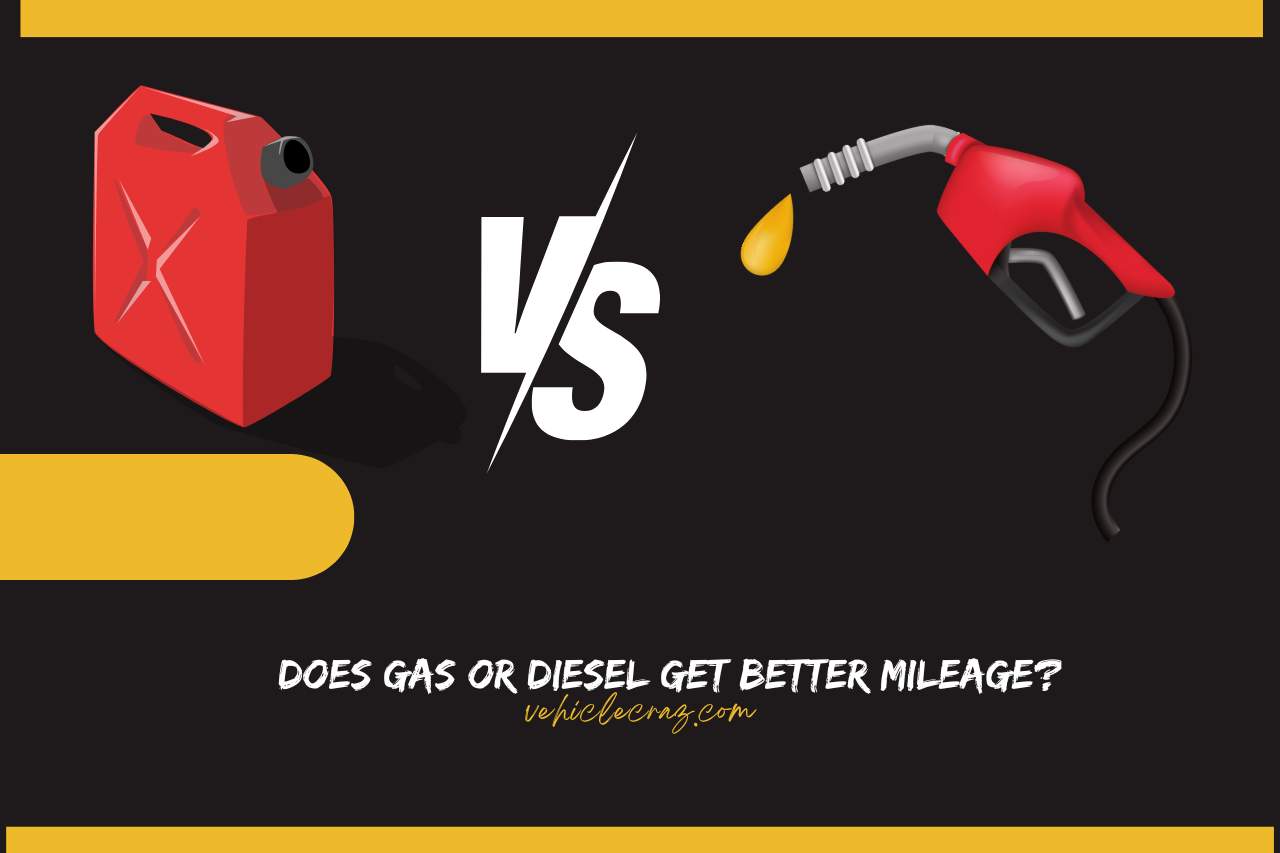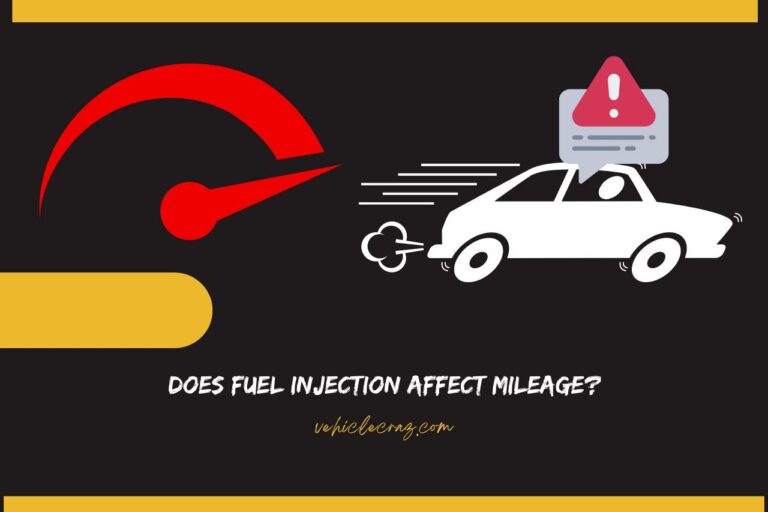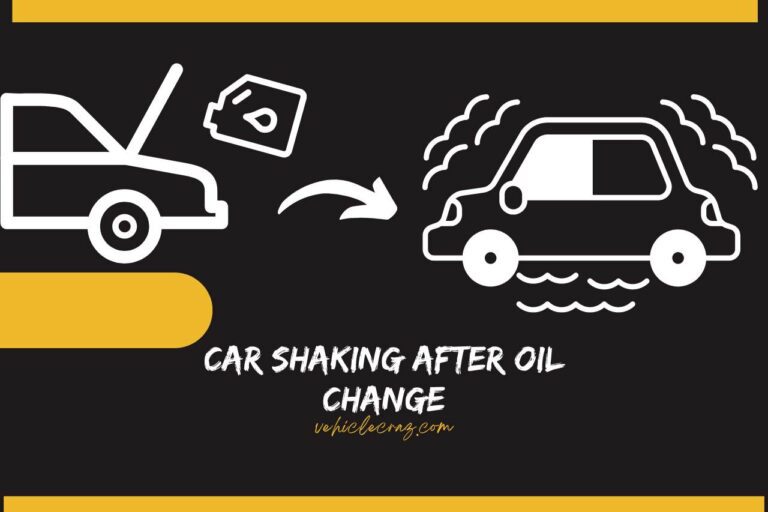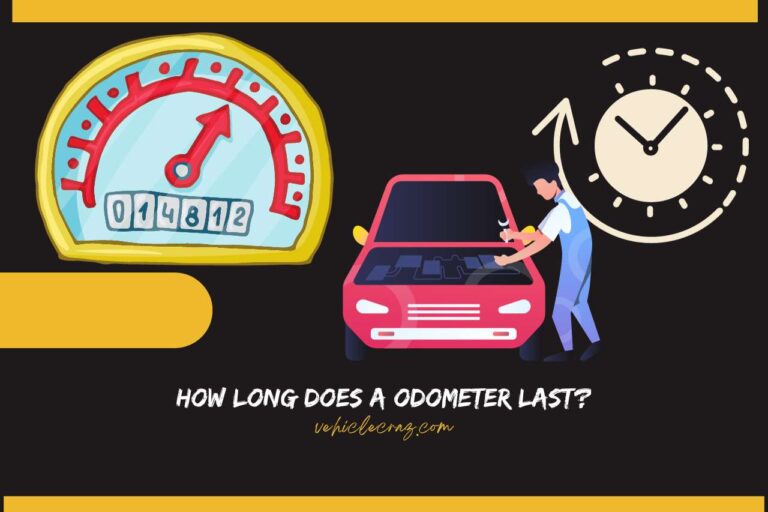Does Gas or Diesel Get Better Mileage? Unveiling the Truth!
The debate between gasoline and diesel engines has existed for decades since both of them have pros and cons. Today, we are going to discover which type of fuel can achieve better mileage. There is no doubt every driver considers mileage when choosing a vehicle in order to reduce fuel costs. Thus, it is worth knowing if gas or diesel works more efficiently at providing better mileage.
Does Gas or Diesel Get Better Mileage?
Diesel can get better mileage when compared with gasoline. Usually, diesel engines have an inherent advantage in fuel efficiency because of their higher compression ratios, which result in better thermal efficiency.
Moreover, diesel fuel contains about 10% more energy per gallon than gasoline, contributing to improved mileage.
While gasoline engines may offer better energy content per gallon, diesel’s superior efficiency in converting fuel into power often leads to better overall fuel economy.
In real-world scenarios, diesel vehicles tend to perform well in highway driving conditions, where the efficiency benefits of diesel engines shine.
However, there are some disadvantages of diesel engines too; they can be heavier and may come with higher initial costs.
When deciding between gas and diesel, you are advised to evaluate factors such as your typical driving patterns, the cost difference between fuel types, and the initial investment in the vehicle.
Why is Diesel More Efficient Than Gasoline?
Diesel engines are generally more efficient than gasoline engines due to differences in their combustion processes and thermal efficiency. Pay your attention to the following points, which explain the unique qualities of diesel.
- Higher Compression Ratios: Diesel engines have higher compression ratios than gasoline engines. This means that the air-fuel mixture in a diesel engine is compressed to a greater extent before ignition. Higher compression ratios lead to increased thermal efficiency and better extraction of energy from the fuel.
- Combustion Process: Diesel engines use a compression-ignition combustion process, where the fuel ignites spontaneously as a result of the high temperature created during compression. In contrast, gasoline engines rely on the spark-ignition process. The spontaneous ignition of diesel fuel allows for more precise control over the combustion process, leading to better efficiency.
- Energy Density of Diesel Fuel: Diesel fuel contains more energy per unit volume than gasoline. This higher energy density contributes to better fuel efficiency in diesel engines, so it is possible to travel longer distances on a gallon of fuel.
- Thermal Efficiency: Diesel engines operate at higher temperatures and have higher thermal efficiency, converting a larger portion of the fuel’s energy into mechanical work. This efficiency is advantageous for tasks requiring sustained power, such as long-distance driving and heavy-duty applications.
Although diesel engines are advantageous, it’s important to note that they may have challenges in meeting stringent emission standards, and their initial cost and maintenance can be higher.
Advances in technology, including cleaner diesel fuels and emission control systems, are addressing some of these concerns and contributing to the continued improvement of diesel engine efficiency.
How Can I Increase My Diesel Mileage?
In order to increase the diesel mileage in your vehicle, keep notes of the following good practices.
- Regular Maintenance: Keep the engine well-maintained with regular servicing. Most importantly, ensure clean air filters for optimal air intake.
- Proper Tire Inflation: Maintain correct tire pressure to reduce rolling resistance.
- Lighten the Load: You can remove unnecessary weight from your vehicle to improve fuel efficiency.
- Smooth Driving Habits: Avoid aggressive driving, sudden accelerations, and abrupt stops. Use cruise control on highways for a consistent speed.
- Idle Wisely: Minimize idling time to conserve fuel. It is advisable to turn off the engine during prolonged stops.
- Use High-Quality Fuel: It is highly important to opt for reputable fuel stations and use high-quality diesel.
- Aerodynamics: Keep windows closed at higher speeds to reduce air resistance. Remove roof racks or carriers when not in use.
- Efficient Route Planning: Plan routes to minimize traffic and avoid excessive idling. You can use GPS or apps to find the most fuel-efficient paths.
- Engine Warm-Up: Avoid prolonged engine warm-up periods; modern diesel engines warm up quickly.
- Monitor Fuel Injectors: Ensure fuel injectors are clean. In case they are clogged, they will malfunction.
- Upgrade Engine Software: Explore options for performance tuning or upgrades to enhance fuel efficiency.
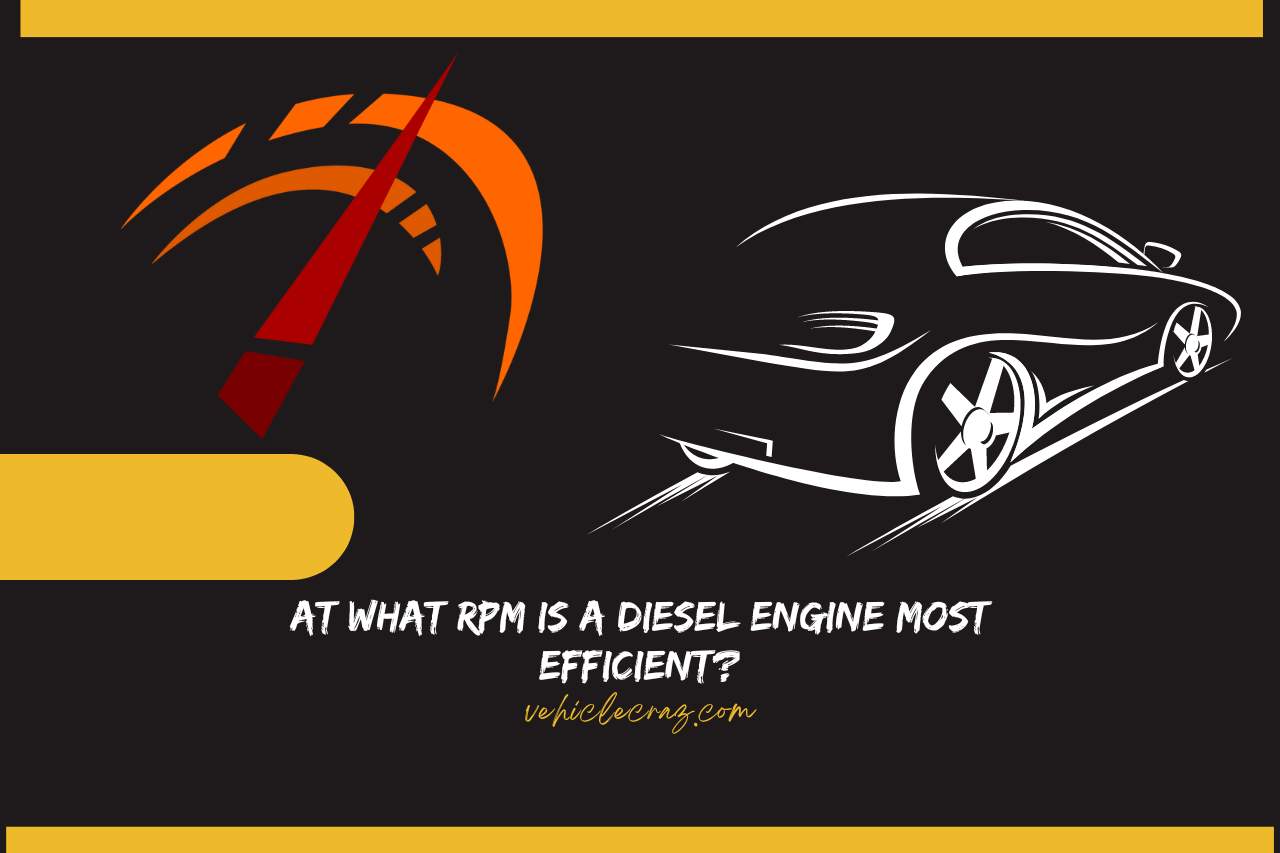

At What RPM is a Diesel Engine Most Efficient?
A diesel engine is most efficient at 1200 to 1500 RPM. The optimal RPM (Revolutions Per Minute) for diesel engine efficiency depends on various factors, including the engine design, load, and application.
However, diesel engines generally exhibit peak efficiency in a specific RPM range, often between 1,200 and 1500 RPM. This range is commonly referred to as the “torque band” or “sweet spot” for diesel engines.
In this RPM range, diesel engines efficiently convert fuel into mechanical power, offering a balance between power output and fuel consumption.
Operating within this band during normal driving conditions and load requirements can maximize fuel efficiency.
It’s essential to consider the engine specifications, as different diesel engines may have varying optimal RPM ranges.
To determine the most efficient RPM for your diesel engine, consult the manufacturer’s recommendations or seek guidance from a qualified mechanic.
You May Also Like
- How Often to Use Fuel Injector Cleaner? Unlocking Peak Performance!
- Does Fuel Stabilizer Expire? (Risks & Solutions)
- How to Dispose of Old Fuel? (Step-by-Step Guide)
- How to Drain a Fuel Tank without Removing It? No Need for Removal!
- Does Fuel Injection Affect Mileage? Unraveling Its Influence!
- Does AC Affect Gas Mileage? Understanding the Impact!


I’m Alex, a seasoned mechanical teacher with over 20 years of hands-on experience in Australia. My passion for all things automotive has driven me to establish this blog, aiming to share my wealth of knowledge and expertise with fellow enthusiasts, DIYers, and anyone keen on understanding the mechanics behind the machines we rely on daily.

